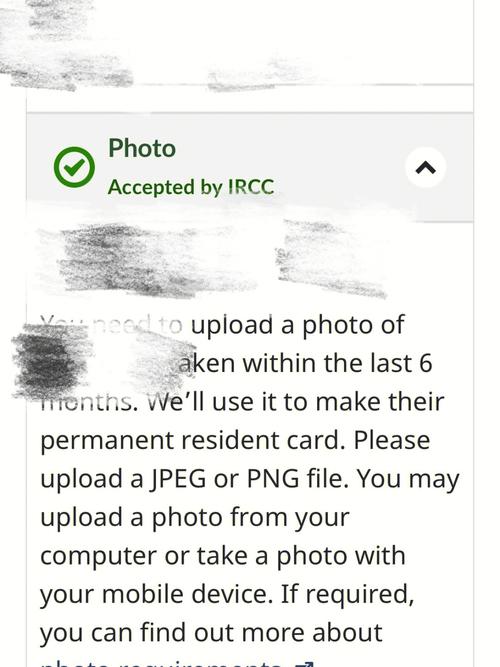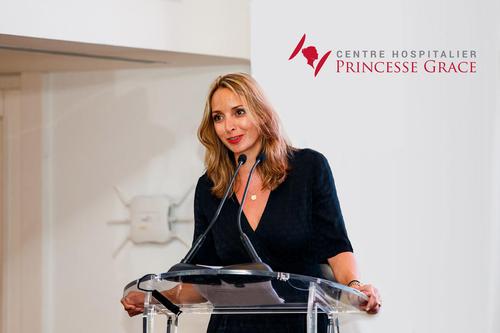Understanding the Gouvernement du Royaume-Uni: A Detailed Overview
The Gouvernement du Royaume-Uni, or the Government of the United Kingdom, is a complex and multifaceted entity that governs one of the world’s most influential nations. In this article, we delve into the various aspects of the UK government, providing you with a comprehensive understanding of its structure, functions, and impact on both domestic and international affairs.
Structure of the Government
The UK government is a constitutional monarchy, with a parliamentary democracy system. The structure is divided into three main branches: the executive, the legislative, and the judicial.

| Branch | Description |
|---|---|
| Executive | The executive branch is headed by the Prime Minister, who is the leader of the majority party in the House of Commons. The executive branch is responsible for implementing government policies and running the day-to-day affairs of the country. |
| Legislative | The legislative branch consists of the House of Commons and the House of Lords. The House of Commons is the lower house, with members elected by the public, while the House of Lords is the upper house, with members appointed or hereditary. |
| Judicial | The judicial branch is independent of the executive and legislative branches. It is responsible for interpreting and applying the law, ensuring that it is upheld and enforced. |
Prime Minister and Cabinet
The Prime Minister is the head of government and the most powerful individual in the UK. They are responsible for leading the executive branch, making key decisions, and representing the government both domestically and internationally.
The Cabinet is a group of senior government ministers who advise the Prime Minister on policy matters. The Cabinet is made up of members from the executive branch and is responsible for making decisions on major issues.
The House of Commons
The House of Commons is the lower house of Parliament and is made up of Members of Parliament (MPs) who are elected by the public. The House of Commons has the power to pass laws, scrutinize government policies, and hold the government accountable.
MPs are elected for a five-year term and represent constituencies across the UK. The number of MPs is fixed at 650, with each MP responsible for their constituents’ needs and concerns.

The House of Lords
The House of Lords is the upper house of Parliament and is made up of members who are not elected. These members include life peers, bishops, and hereditary peers. The House of Lords has a largely advisory role and can delay or amend legislation passed by the House of Commons.
Ministries and Departments
The UK government is organized into various ministries and departments, each responsible for a specific area of public policy. Some of the key departments include the Department for Education, the Department of Health and Social Care, and the Home Office.
Ministries are led by Secretaries of State, who are responsible for overseeing the department’s operations and implementing government policies. They are advised by permanent secretaries, who are the most senior civil servants in their respective departments.
International Relations
The UK government plays a significant role in international affairs, with a strong focus on maintaining its global influence. The Foreign, Commonwealth & Development Office (FCDO) is responsible for managing the UK’s foreign relations and promoting its interests abroad.
The UK is a member of several international organizations, including the United Nations, the European Union, and NATO. The government also engages in bilateral and multilateral negotiations, trade agreements, and diplomatic efforts to address global challenges.
Conclusion
The Gouvernement du Royaume-Uni is a complex and dynamic institution that governs one of the world’s most influential nations. By understanding its structure, functions, and impact on both domestic and international affairs, we can gain a deeper appreciation for the role it plays in shaping the UK’s future.